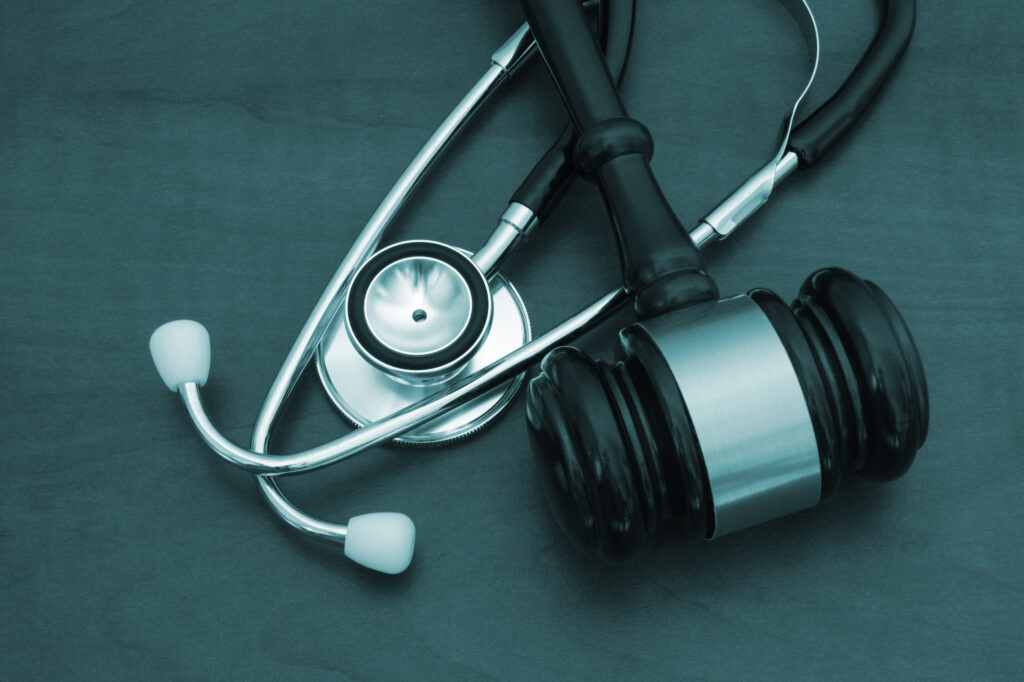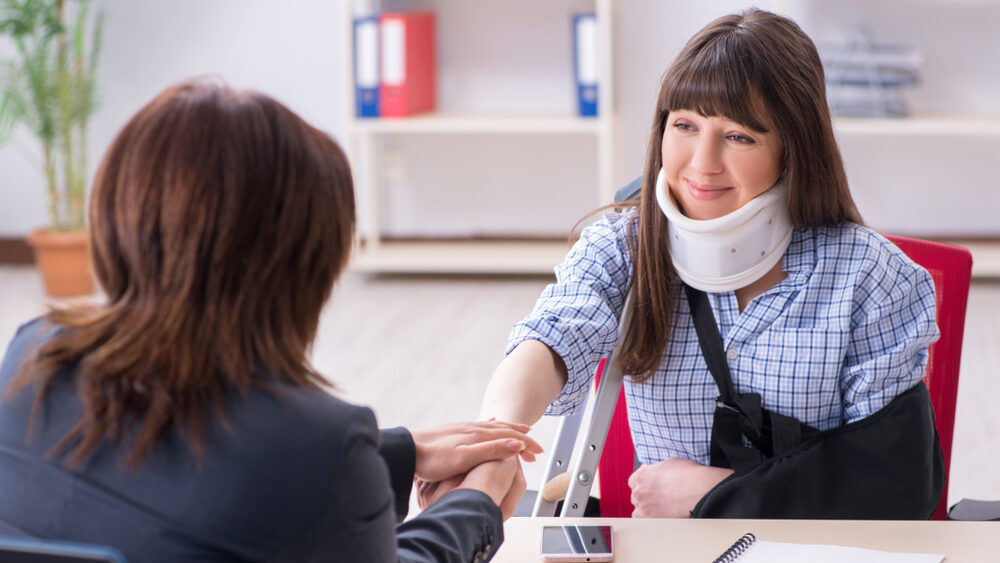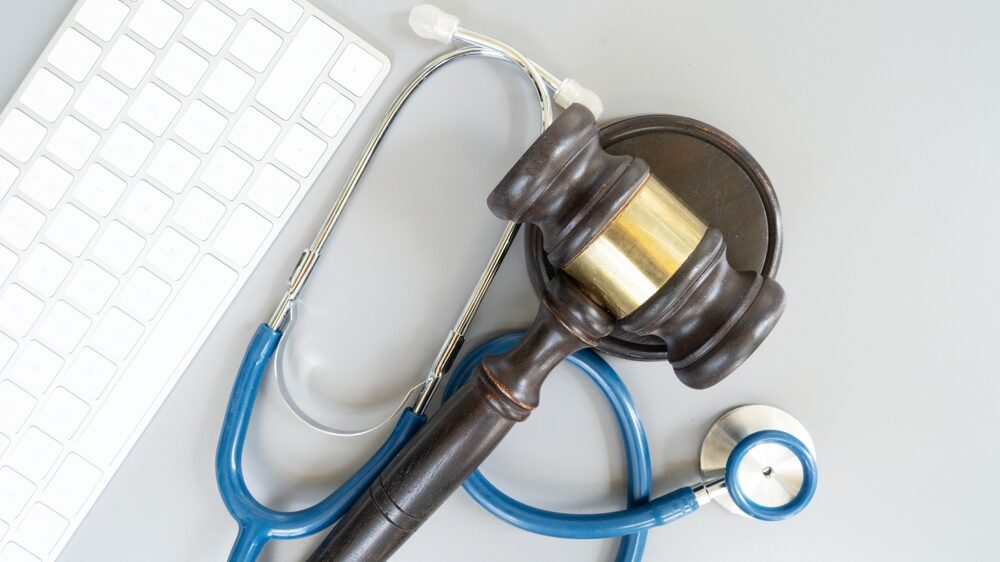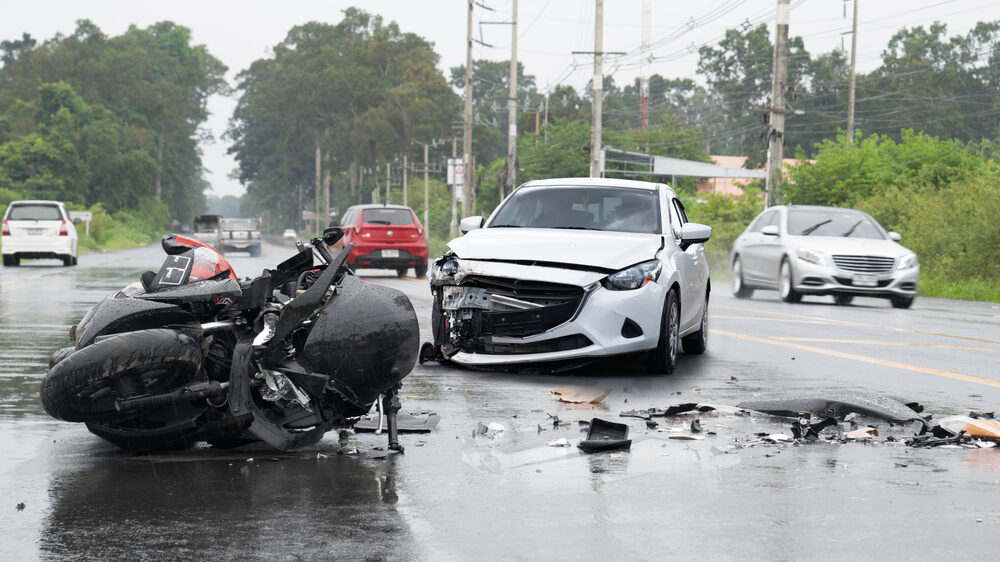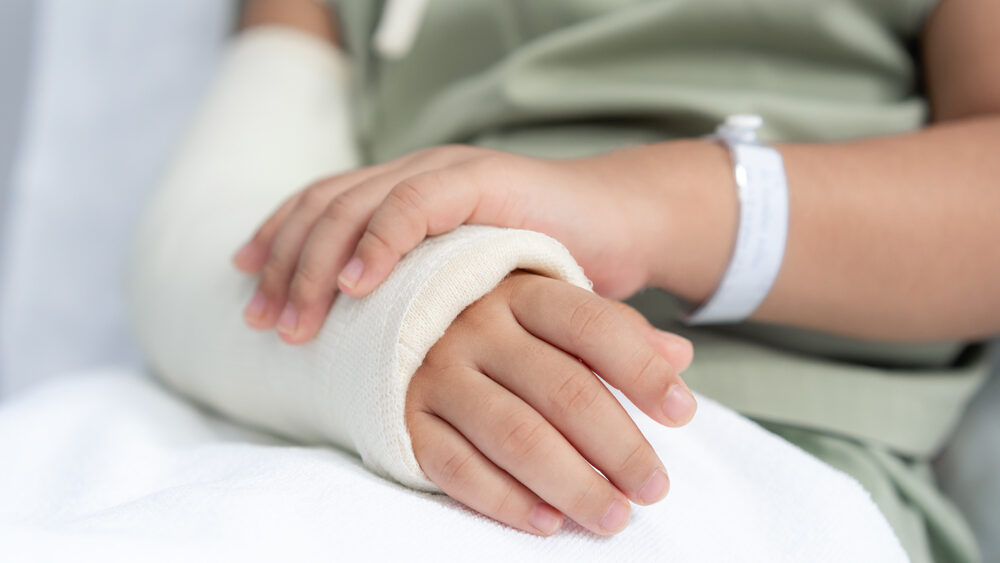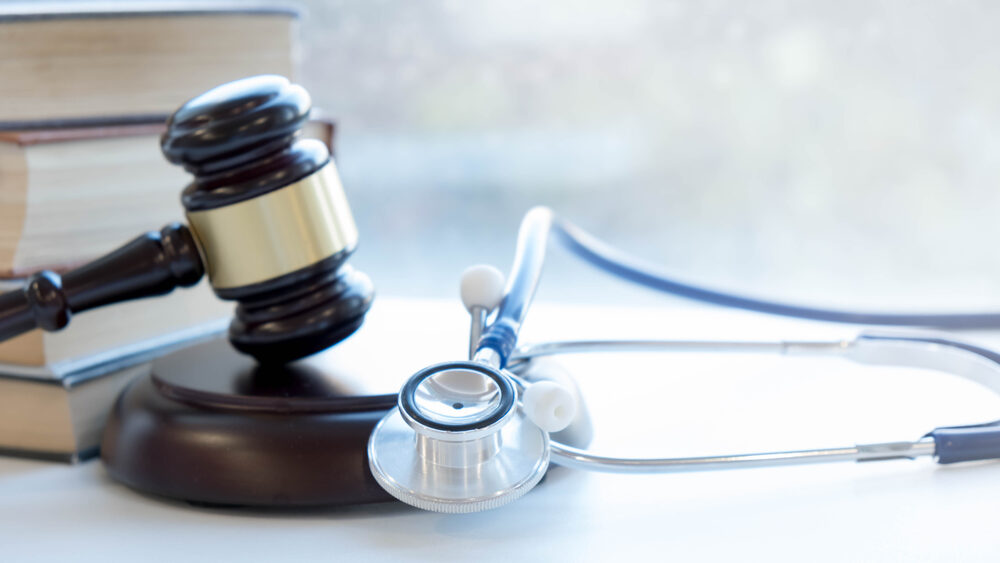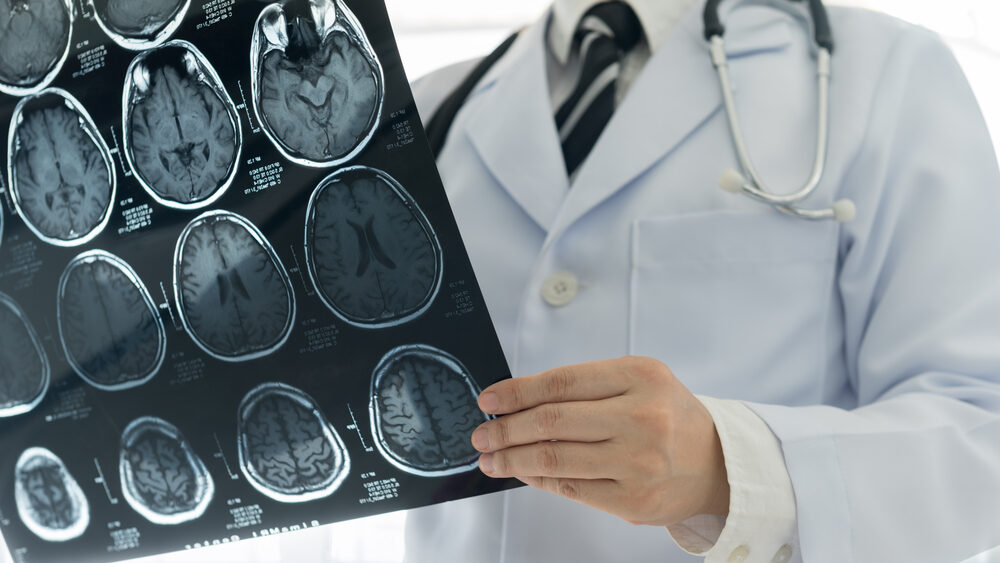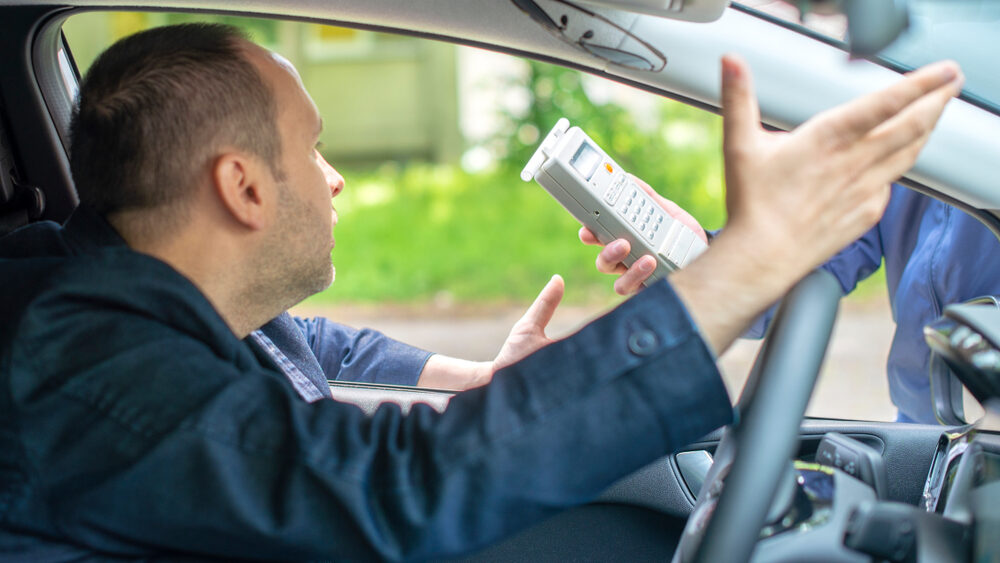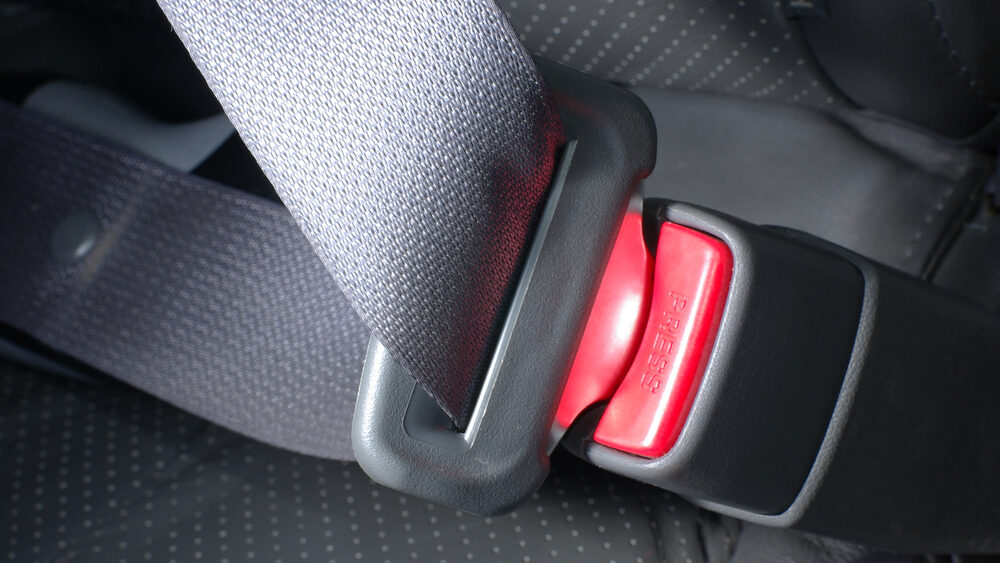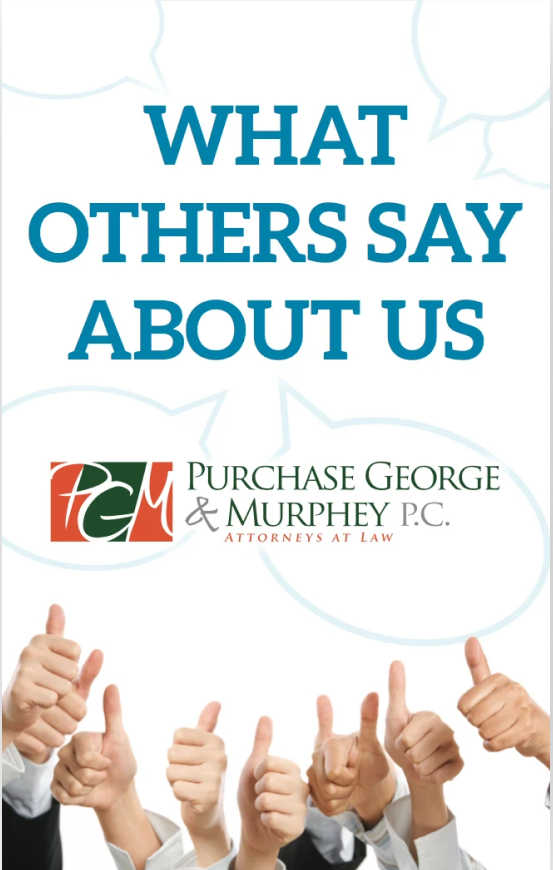Property Owner Slip and Fall Negligence: Generally and Common Examples
A property owner isn’t responsible to pay damages merely because someone was hurt on their property. Legal responsibility arises from the property owner’s negligence or carelessness. What that means, generally, and specific examples of property owner negligence, are explored further here.
If you’ve been injured as a result of a Pennsylvania slip and fall while on property owned by someone else, you may be entitled to recover money damages to compensate you for your harm, including reimbursement of medical expenses, lost wages, pain and suffering, and other legal harms. However,
you will need to show more than that you were injured on someone else’s property. You also need to show that it was someone else’s fault.
Many accidents happen because the injured person wasn’t paying attention. If you weren’t watching where you were going and tripped over an open and obvious door frame, for example, then the property owner is not responsible for your injury. Regardless of how serious the injury, a property owner is not responsible without fault.
However, it is not necessary that you prove that the property owner is 100% at fault and that you are 100% blameless. More often, an accident is the result of a combination of factors. A property owner who has negligently allowed a dangerous condition to develop and who has failed to remedy it or warn of it, and a guest on the premises who is distracted, come together to create the perfect recipe for a slip and fall accident. If you were injured under such circumstances, you may still be entitled to recover reduced compensation. In fact, if the cause of your distraction was something created by the landowner, particularly if it was created for a commercial purpose like a gaudy display in a grocery store, then you may well be entitled to recover most or all of your damages.
Also, while you’re expected to look out for your own safety, and while property owners aren’t generally responsible if they’ve adequately warned you or if you know about a dangerous condition, there’s an important exception to this general rule. If the dangerous condition is such that the property owner knows you’re going to risk using it despite his warnings, then you may still have a case. For example, if your second-floor apartment has only one entrance and the stairs are a disaster zone that your landlord refuses to fix, and you’re injured while using them, you may still have a case even though you knew all about the danger.
Common Slip and Fall Accidents in Pennsylvania
There are many dangerous property conditions that lead to injury in Pennsylvania and this list isn’t meant to be a complete or exhaustive one. But there are some fairly common conditions that routinely present themselves, including:
Floors:
- Spilled food or liquid in grocery stores or restaurants that is ignored by staff.
- Merchandise that has fallen from store shelving or that is improperly stacked in the aisles.
- Failure to post warning signs during or after mopping.
- Failure to place mats to collect snow melt and water from patrons.
- Applying excessive wax or polish.
- Failing to use “non-skid” treatment in public areas when necessary.
- Neglect in the maintenance of carpeted floors, such as torn or bulging carpeting or curled edges.
Parking Lots & Sidewalks:
- Snow & ice in Pennsylvania parking lots and sidewalks is a common problem (particularly in Erie), but it is one for which special rules apply. (For more on this issue, see our article on Snow and Ice Conditions.)
- Inadequate outdoor lighting.
- Unusually dangerous potholes (such as those that are excessively deep and filled with water so as to hide their depth), sudden changes in elevation, cracks, and heaving sidewalk slabs.
Stairs:
Stairs are a common area where accidents occur. A Pennsylvania property owner may be liable if stairs collapse due to faulty construction or maintenance, (it happens more often than you think) or if they have been constructed too narrowly or with inappropriate or varying riser height. Maintenance issues like allowing stairs to wear so that treads are worn or rounded, failure to remove debris, failure to maintain an adequate tread surface, or failure to repair or replace missing or broken handrails are also common.
The Bottom Line for Your Erie, PA Slip & Fall Accident Case
Because injuries from slip and fall accidents can be severe and because the legal and factual issues associated with investigating and proving such claims can be complex (see, for example, our article on how the role of the injured person affects the liability analysis), it is generally necessary to seek the assistance of experienced Pennsylvania premises liability lawyers in order to recover the damages that the law allows.
The Erie premises liability lawyers at Purchase, George & Murphey, P.C. have experience with cases in which people have been seriously injured as a result of a dangerous property condition. Our primary goal and objective is to make sure that our clients and their families receive the compensation and resources they need to treat and manage their injury and to compensate them for their losses.
Call Purchase, George & Murphey, P.C. today, toll free at 814-273-2010, to schedule your free and confidential consultation with an Erie trip and fall lawyer.

